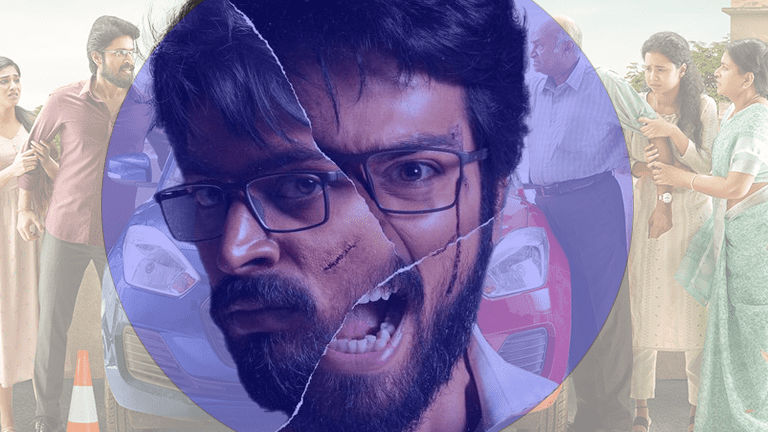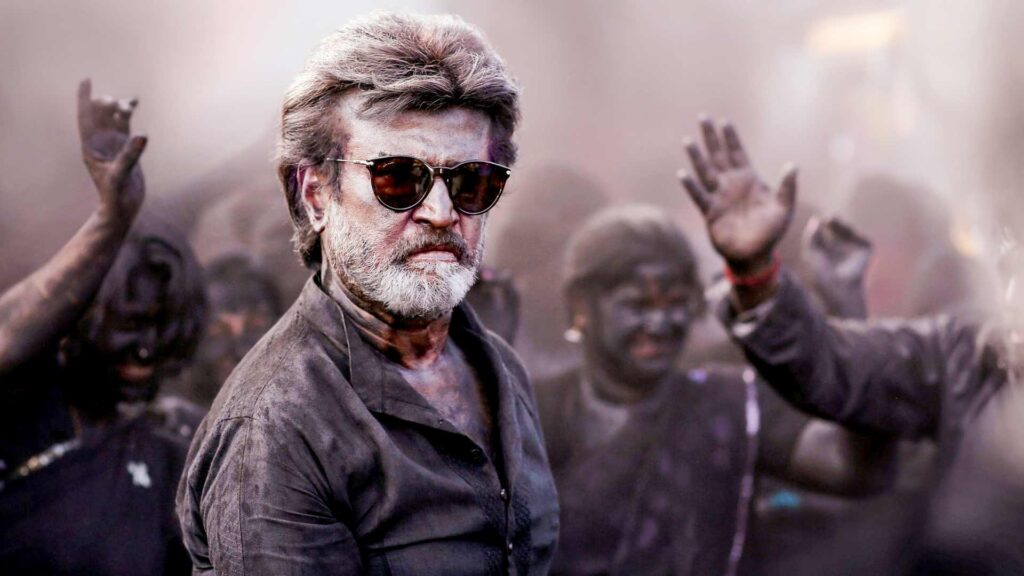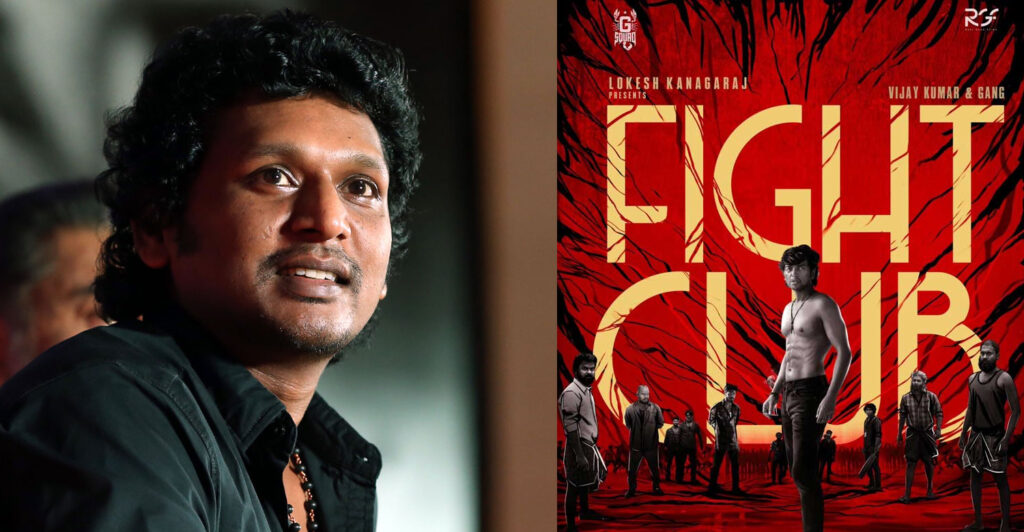Directed by Ramkumar Balakrishnan
Cast: Harish Kalyan, Indhuja Ravichandran, M.S. Bhaskar, Rama, Prarthana
Runtime: 127 minutes
Ramkumar Balakrishnan’s “Parking” unfolds in a small setting, revolving around a tiny parking space that becomes the epicenter of a tumultuous relationship between neighbors from different generations and worldviews. Despite its modest scale, the film packs a punch, offering a rollercoaster of emotions portrayed brilliantly by Harish Kalyan and MS Bhaskar.
“Parking” starts as a lighthearted exploration of neighborly camaraderie, taking unexpected turns as it delves into the darker realms of human psychology. The narrative escalates from amusing banter to a gripping study of the human mind, particularly the interplay between bruised egos and Freud’s concept of the ‘Id.’
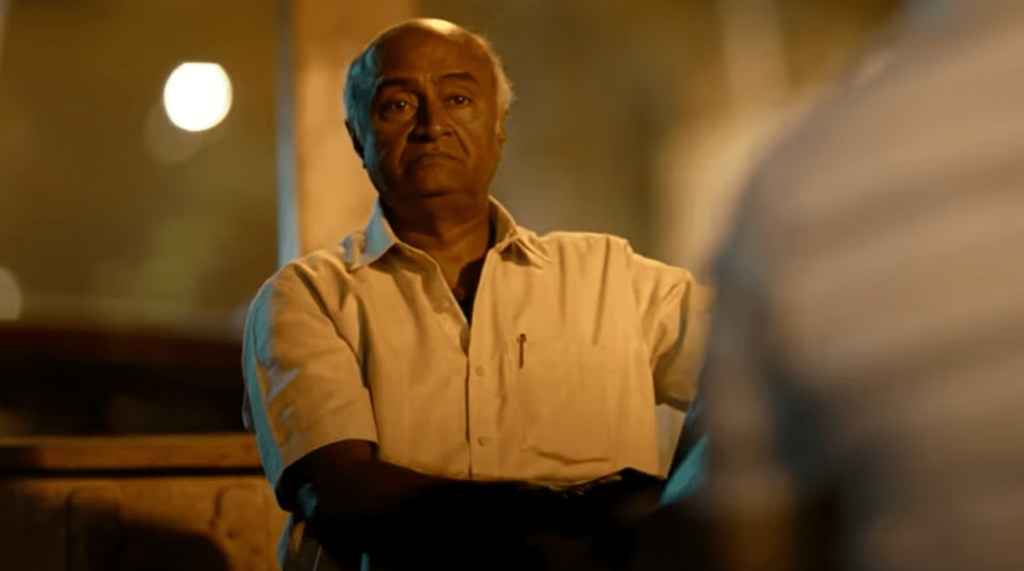
Elampurthi (MS Bhaskar), a 60-something government official, and Eshwar (Harish Kalyan), a 28-year-old IT professional, find themselves entangled in a conflict triggered by a parking space. The clash becomes a battleground for their wounded pride, leading to unspeakable acts that reveal the intricate workings of the human ego and its impulsive cousin, the ‘Id.’
The film skillfully explores the generational clash between Elampurthi, holding on to traditional values, and Eshwar, navigating the challenges of modern life. The director takes a departure from the typical comedy of errors, opting for a deeper examination of the characters’ psyche.
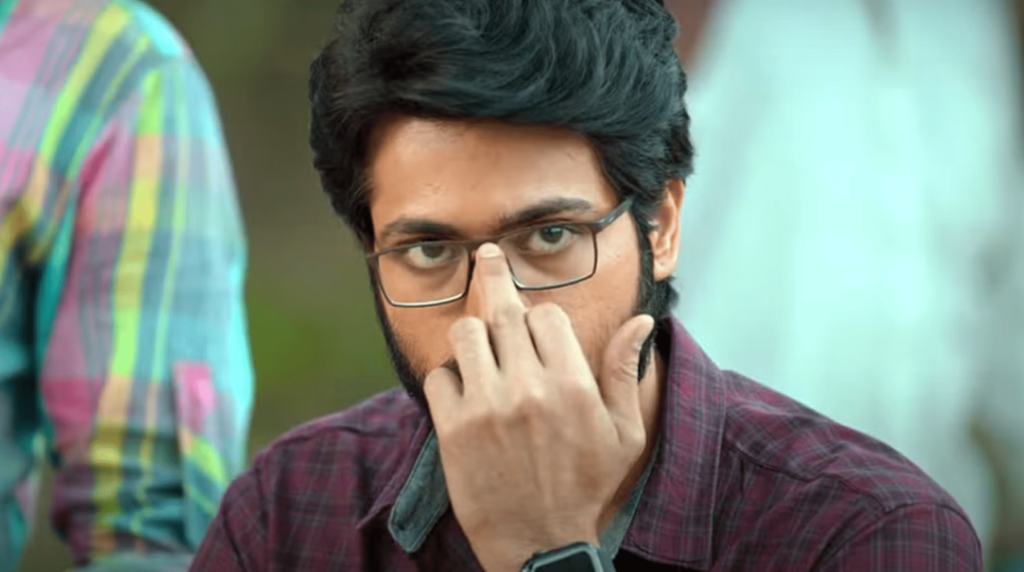
MS Bhaskar and Harish Kalyan deliver a captivating portrayal of rage, each driven by their own motives. The film presents a nuanced character study, leaving the audience torn between the man who sacrificed everything for a frugal life and the one consumed by destructive rage as he embarks on a new journey.
The narrative, tightly woven by editor Philomin Raj, keeps viewers on the edge of their seats, turning a trivial parking dispute into a compelling drama. Composer Sam CS adds to the intensity, making the mundane conflict resemble a grand battle.
While the film loses some steam in its final act, it remains a worthwhile experience for its raw portrayal of discomfort. The smaller moments, such as the impact of a big purchase on a relationship or the symbolism of a broken car mirror, contribute to the depth of the narrative.
“Parking” surprises with its ability to turn a seemingly inconsequential conflict into a thought-provoking exploration of human nature. Despite its flaws, the film is a journey worth taking, leaving a lasting impression on the viewer.

